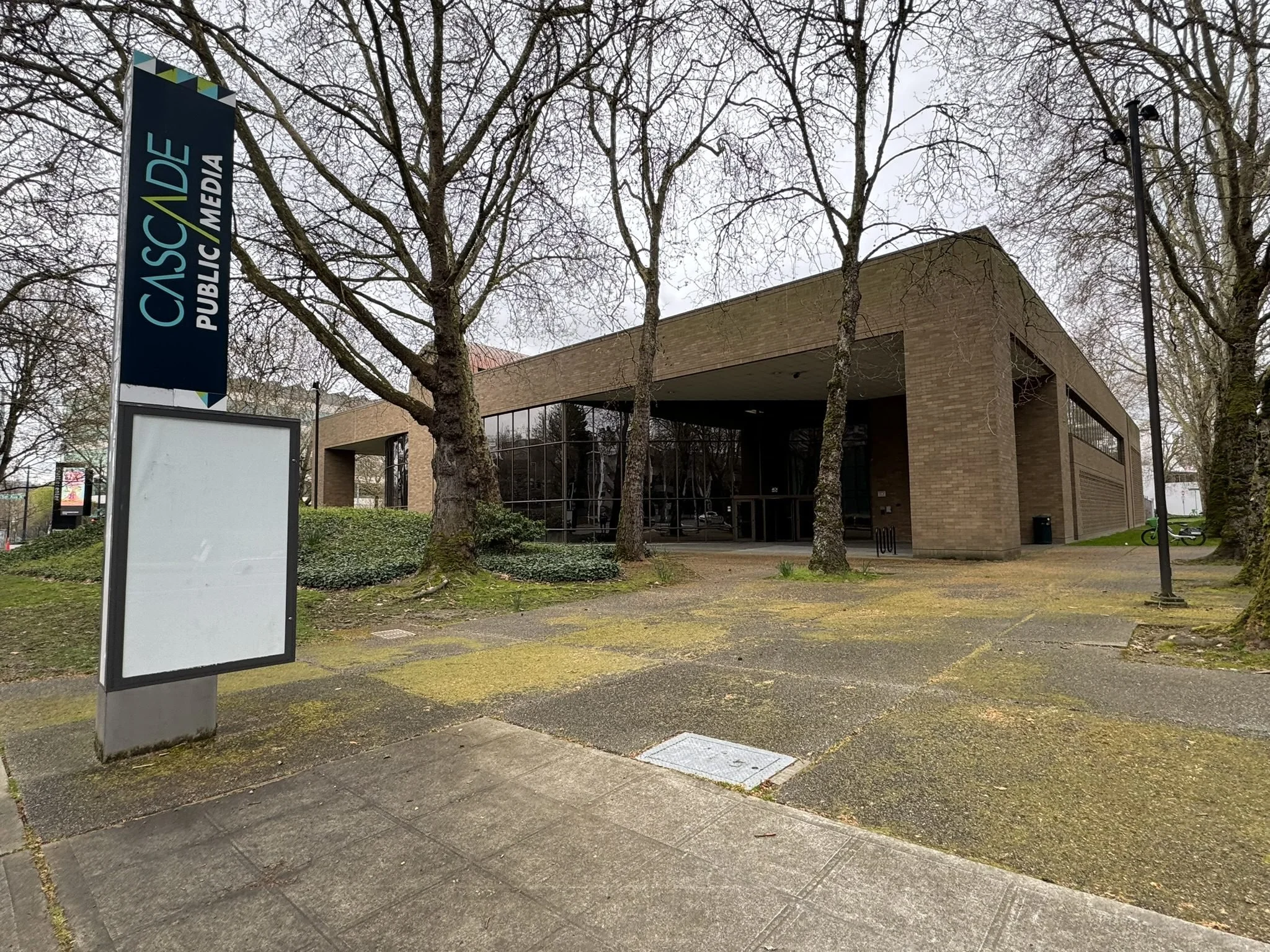In our new briefing, Transform Finance outlines various stages that investors may find themselves in exploring the space: understanding the landscape of EO funds, identifying the investment approaches of different funds, and comparing and evaluating the potential impact of funds. We provide recommendations for these stages as well as overall considerations to maximize impact and build the field. At the core of our recommendations is an analysis of 53 funds that finance EO in the United States and Canada, made across investment approaches, target financial returns, size, geographic focus and impact.
Read MoreTo attract, grow, and keep production teams in Seattle. In partnership with Seattle Center, the City is activating the M5 Creative Building (401 Mercer Street) for temporary use for film production and other creative production office space, conferences, workshops, controlled events, and productions.
Read MoreIn its second year, the 2024 NextCycle WA Accelerator Academy is a capacity building opportunity for entrepreneurs committed to shifting supply chains, processes and business models to reduce waste, improve recycling, or find ways to reuse or remanufacture materials typically discarded as waste or trash. To create the conditions that support a just, sustained and strong shift towards a circular and generative economy and away from our current extractive systems, we need intention, collaboration, innovation and significant resources.
Read MoreEconomics for Emancipation (E4E) is a seven-module introductory curriculum with interactive and participatory workshops. It offers a deep critical dive into the current political economic system, exploration of alternative economic systems, and dynamic tools to dream and build the economy that centers care, relationship, and liberation.
Read MoreThe Business Community Ownership (BCO) Fund is a new investment model that addresses the rising cost of commercial rent in Seattle, which often affects neighborhoods and businesses owned by people of color, immigrants, women, and LGBTQ+ people. These communities continue to have less access to capital due to systemic inequities, racism, and related barriers.
Read MoreWhat is the Rethinking Econ101 course? It's a 10-session long online course starting in September, which will:
Guide you through the intellectual foundations of mainstream economics
Expose the myths that mainstream economics espouses
Introduce new approaches to understanding the economy
Equip you with the tools to take action at your school and join the campaign to rethink economics
Common Future & The Bento Society have partnered in support of the launch of the Library of Economic Possibility (LEP) — a new research and media platform. LEP's mission is to advance public knowledge of economic policies that may help build a thriving 21st century economy.
Read MoreThe Asian American Solidarity Economies Project presented a five-part webinar series in 2018 on solidarity and cooperative economics targeted to the assets and needs of Asian American immigrant and refugee communities. For the full series: http://solidarityresearch.org/webinars/
Read MoreIn this first session, participants explore community-based strategies to build an equitable and regenerative economy, using the Just Transition framework.








